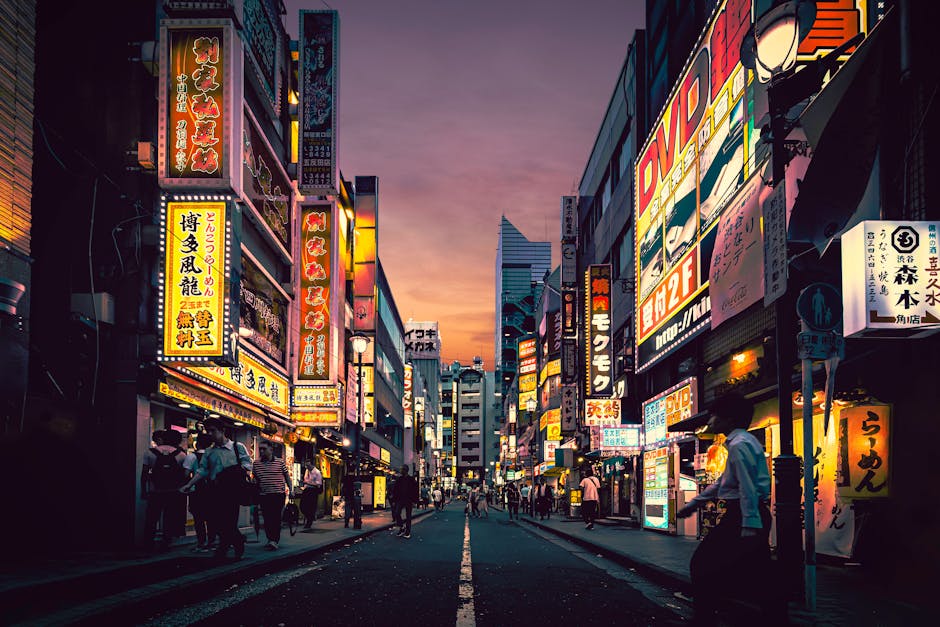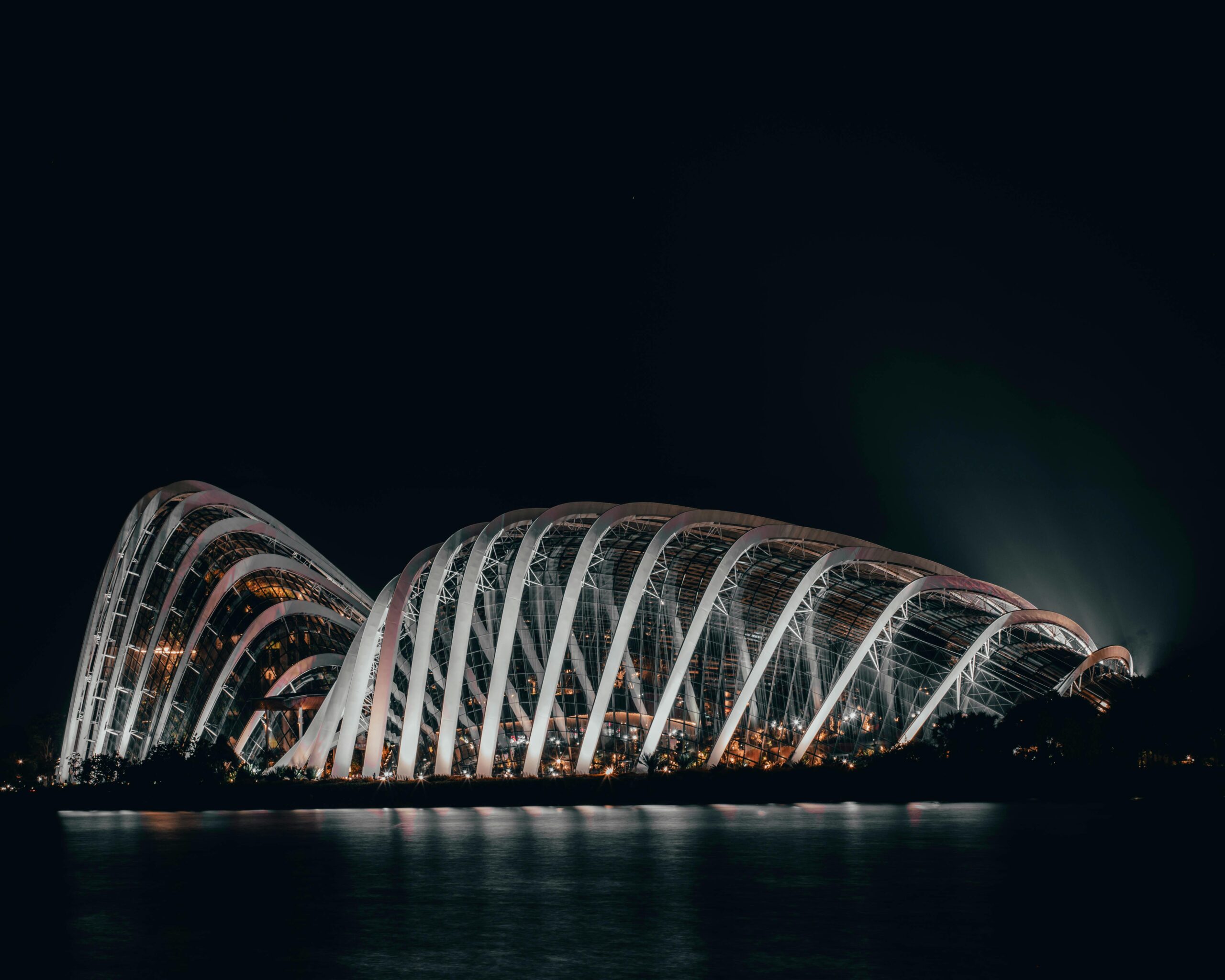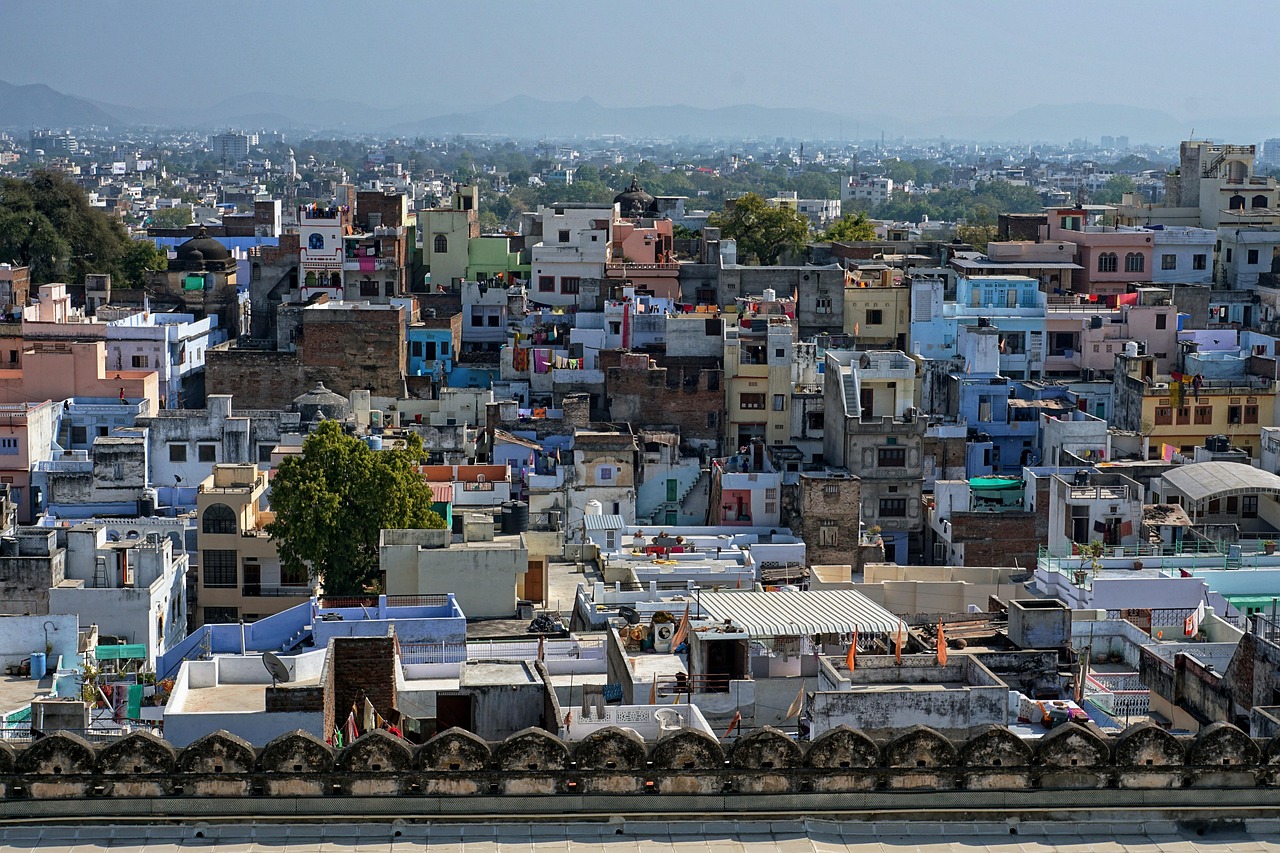- Key Takeaways
- Why Dubai Attracts Japanese & Korean Investors
- Divergent Investment Strategies
- Preferred Dubai Property Types
- Beyond the Balance Sheet: A Cultural Synergy
- The Role of Bilateral Relations
- Future Investment Outlook
- Conclusion
- Frequently Asked Questions
Key Takeaways
- Dubai’s geographic location between Asia and Europe, along with its economic stability and tax regulations, still lures real estate investment from japan & korean investors.
- Generally, Japanese investors like to take a long-term approach to capital preservation and low-risk portfolios, while Korean investors seek higher returns with diversified, aggressive investments.
- Japan and Korea investors snapping up Dubai property, off-plan preferred, with Koreans favouring commercial space in busy business area.
- Lifestyle considerations of the Japanese and Korean buyers were an important factor in their property purchase decisions in Dubai, including access to premium amenities and established expatriate communities.
- Bilateral relations and government initiatives, such as trade agreements and investment-friendly policies, bolster investor confidence and help sustain growth in Dubai’s real estate sector.
- By staying attuned to market trends, emerging neighborhoods, and global geopolitical developments, foreign investors can continue to make informed decisions that maximize returns and navigate the evolving Dubai property landscape.
Many of these buyers want new homes, rental income or safes for assets. A lot pick Dubai for its new-tower skyline, relaxed visa policies and expanding commercial connections with Asia.
To get a sense what fuels this trend, the bulk will present statistics, top motivating factors, and what buyers do to hedge risks and source value.
Why Dubai Attracts Japanese & Korean Investors
Dubai is a magnet for worldwide investors due to its strategic location at the convergence of Europe, Asia and Africa. This location allows Japanese and Korean investors diversify into commerce and enterprise, connecting them to significant markets in Asia and Europe. Direct flights from Dubai are less than eight hours to reach most of the world’s leading cities.
The city boasts state-of-the-art roads, ports, and airports, facilitating the movement of people and goods. This infrastructure makes the Dubai real estate market appealing to investors from Japan and Korea, providing them a sense of stability, especially when other markets face uncertainty. The Dubai government maintains transparent regulations and robust property rights, ensuring that real estate investors know exactly what to expect.
The economy of Dubai continues to expand, with plenty of new developments that keep investor confidence strong. One of the main reasons Dubai attracts these investors is its tax-friendly environment. With no real estate tax, capital gains tax, or income tax for most property buyers, it translates to more money remaining in the investor’s pocket.
Recent statistics highlight these benefits: Dubai is among the best places in the world for rental yields, frequently ranging from 5% to 8% per year, with short-term rentals earning even higher amounts. Property prices also appreciate frequently, allowing investors to benefit from both rental income and capital appreciation.
Benefit | Dubai Policy | Japan/Korea Policy (for reference) |
|---|---|---|
Real estate tax | None | Yes (varies by region) |
Capital gains tax | None | Yes (15%–30%) |
Income tax on rent | None | Yes (varies) |
Rental yields (2023) | 5%–8% | 2%–4% |
100% ownership rights | Yes (Freehold areas) | Partial/Leased (some restrictions) |
Golden Visa residency | Yes (5–10 years) | No direct equivalent |
Luxury living, safe neighborhoods, and family-friendly services make Dubai perfect for Japanese and Korean families on the house-hunt. They choose Dubai not just for its urban amenities but also for the promising investment opportunities it offers.
With its high demand for residential properties and a favorable environment for foreign buyers, Dubai stands out as a top investment option in the Gulf region, appealing to many buyers seeking to invest in the UAE property market.
Divergent Investment Strategies
Japanese and Korean investors behave differently when purchasing properties in Dubai. Japanese investors tend towards the long-term and are eager to preserve their capital. They prefer to select sites and initiatives that have a proven track record, low risk and stable return.
For this cohort, Dubai scores well on the absence of real estate tax and capital gains or taxes, with rental yields of five to eight percent. They view Dubai’s market as more stable than other areas, particularly with worldwide economic cycles. Still, some Japanese investors remain wary, recalling how Dubai’s market fared during previous recessions and how low occupancy rates—sometimes as little as 30 percent to 40 percent—can devalue properties.
Korean investors are more aggressive. They seek high returns and are prepared to take larger risks. So many Korean buyers construct divergent portfolios, combining residential with commercial properties and introducing short term vacation homes that can generate even greater rental returns.
Off-plan projects have big pull because they require just a 10% to 25% down payment and the balance extended over years, frequently interest-free. For these investors, Dubai’s booming post-pandemic market, the Golden Visa program and growing demand for luxury properties are big attractions. They frequently pursue short-term wins, speculating that prices might appreciate in 2025 and afterward.
Japanese buyers tend to prefer apartments in prime, stable neighborhoods for rental income. Koreans are prone to commercial properties and ground-up assets, seeking higher yields despite the increased volatility.
The table below sums up these differences:
Investor | Risk Tolerance | Strategy | Property Type Preference |
|---|---|---|---|
Japanese | Low | Long-term, capital preservation | Residential, prime locations |
Korean | High | Aggressive, high-return seeking | Mixed, commercial, off-plan |
Preferred Dubai Property Types
Japanese and Korean investors seek Dubai properties that align with their lifestyle and investment objectives. With such a diverse property mix in the city, many buyers have plenty of options to suit various budgets and requirements. Popular neighborhoods like Dubai Marina and Business Bay attract significant interest from foreign investors due to their strategic locations.
Japanese investors usually pick residential properties that offer a blend of comfort and investment potential. Korean investors, on the other hand, are very fond of commercial spaces, particularly in high-traffic business areas such as Business Bay. They tend to focus on office suites, retail units, and mixed-use properties near transport connections and commercial centers.
- Apartments in Dubai Marina and Jumeirah Lake Towers, thanks to strong rental yields and easy access to services.
- Villas and townhouses in Dubai Hills or JVC, for more space and privacy.
- Studios and small suites, which are easier to rent out and manage.
- Off-plan units in new developments, offering payment flexibility and options to personalize layouts.
Korean investors, on the other hand, are very fond of commercial spaces, particularly in high-traffic business areas such as Business Bay. They tend to focus on office suites, retail units and mixed-use properties near transport connections and commercial centres.
This strategy can result in better upside potential if property prices increase before completion. Off-plan options allow buyers to choose unit layouts, floors, and even finishes, which appeals to those looking for a more involved role.
This strategy can result in better upside potential if prices increase before completion. Off-plan options allow buyers to choose unit layouts, floors, and even finishes, which appeals to those looking for a more involved role.
A lot of investors gravitate to areas such as Dubai Marina, Business Bay, and JLT where demand from tourists and travelers to the city remains steady. The UAE property market continues to thrive, driven by both local and foreign market interest, making it a top investment option for many.
Overall, the combination of a robust economy, strategic locations, and diverse property offerings positions Dubai as a prime destination for real estate investors looking to maximize their ROI in the Gulf region.
Beyond the Balance Sheet: A Cultural Synergy
Japanese and Korean investors aren’t simply pursuing the digits in Dubai’s property market; they are also drawn to the high demand for residential properties. Their decisions stem from a mix of necessity and culture, where life beyond the office is as important as cash. The driving force behind their urge to invest in Dubai real estate connects to more than just a profitable yield—it’s about discovering a home that complements their lifestyle and offers significant capital appreciation.
Quality of life is a big attraction. Dubai’s contemporary mobility, secure venues, and pristine roadways enhance the quality of life for many buyers. Top schools, trusted healthcare, and quick connections to the globe make Dubai a firm choice for career parents or anyone who desires coziness and quiet. To most, the warm weather, expansive parks, and sea views transform daily life for the better, making Dubai less like a work trip and more like home.
Upscale living and luxury are the essence! Both Japanese and Korean buyers emphasized design, finish, and new technology in their homes. Smart systems, spa-like baths, and gyms in the building are no longer nice to haves; they are must haves. This palate for panache and precision informs the types of houses and apartments they seek, from glassy towers to gated villas with lush yards, making them savvy real estate investors.
The tie to an intense community counts. Dubai has developed hubs of Japanese and Korean expats where they connect, exchange, and support. Groups organize language lessons, social events, and business talks, providing new arrivals an entry point and veterans a platform to expand from. This network guides new buyers, making the leap to Dubai easier and less risky in the competitive real estate sectors.
The Role of Bilateral Relations
Bilateral relations play a significant role in how Japanese and Korean investors perceive the UAE property market. These ties influence regulation, confidence, and development in ways that extend beyond basic commerce. When countries collaborate, they pave the way for foreign investors to transfer funds and wealth across borders with less danger and more reward.
The UAE issues long-term visas for property buyers, simplifying their stay and asset management for Asian investors. The Dubai Land Department has special units dedicated to real estate buyers, including Japanese and Korean guides. Tax-free zones and the absence of property tax attract buyers from both Japan and Korea. Priority legal assistance for overseas purchasers and conflict resolution enhance confidence. Investment roadshows and online platforms in Tokyo and Seoul allow investors to experience Dubai’s projects firsthand, showcasing the high demand for residential properties.
UAE’s trade deals with Asia reduce barriers, make things cheaper and create opportunities for collaborations. These agreements allow capital, goods and people to move more freely. For instance, when South Korea inked new trade pacts with the UAE, more Korean companies established themselves in Dubai and real estate transactions increased. These ties enhance investor confidence because transparent and consistent regulations imply less uncertainty.
Take South Korea and CEE for instance, and strong ties have seen South Korea become the second top supplier of goods from East Asia to CEE. CEE imports from South Korea increased almost tenfold, from EUR 2.2 billion in 2004 to EUR 20.3 billion in 2022. These expanding connections illustrate the role of bilateral relations and market access in generating FDI. The Czech Republic, Hungary, Poland and Slovakia have for years partnered with Korea to attract more FDI and trade, demonstrating how confidence and stable regulations can stimulate markets.
Strong relationships make investors comfortable. With defined rules, tax incentives and honouring free trade, Japan and Korea buyers can plan on Dubai for the long term, as they do in Europe. Strong bonds and wise regulations reduce dangers and enable economies to expand in manners that suit consumers and producers alike.
Future Investment Outlook

A checklist for future growth in Dubai’s real estate looks at these key points: falling interest rates, sellers open to lower prices, stable policy signals from global economic meetings, and the need to keep an eye on risks from trade tensions or slowdowns at home. Slow growth at home attracts Japanese and Korean investors, while many buyers are seeking better returns abroad, particularly as local markets remain flat. Foreign investors are increasingly eyeing the UAE property market for lucrative opportunities.
If recovery at home remains anemic, capital outflows could accelerate, with a large number of investors favoring residential properties, which account for more than half of private equity transactions now. The demand for residential property is particularly high among British investors and other foreign markets looking to capitalize on Dubai’s growth potential.
Dubai’s up-and-coming neighborhoods are already turning heads. Neighborhoods adjacent to new metro lines and master-planned districts such as Dubai South, Expo City, and Al Jaddaf are witnessing new homes, hotels, and retail openings. These projects give early movers a chance at superior returns over well-entrenched areas, where property prices have stagnated.
Still, industry pros note surrounding markets—say Istanbul, Kuala Lumpur, or Bangkok—show greater year-on-year price appreciation and rental yields, so investors need to balance their choices. Real estate experts suggest that emerging neighborhoods in Dubai could be a top investment option for savvy investors.
Geopolitical molds Dubai’s investment future. Trade disputes increase costs and risk, and regional tensions impact supply chains and the demand for office and retail space. Increasing vacancy in commercial and new launches can introduce price volatility.
Dubai prices might rise in 2025 and beyond, but global cash flow, evolving policies and local issues will matter more than ever.
Flexibility to pivot plans—whether that’s from property type to property type or into emerging neighborhoods—will mitigate risk and capture the upside as Dubai’s market transforms, making it a prime location for real estate investors looking to maximize ROI.
Conclusion
Japan & korea investors keep discovering great value in Dubai’s property market. They arrive with defined approaches and an emphasis on growth and reliable returns. A lot of them pick up homes in the downtown core, others seek offices or retail locations with strong footfall. Both groups are adept at reading local trends and moving quickly. Strong ties between the countries sweeten business deals and expedite paperwork. Dubai provides stable regulations, fresh developments and an international blend of purchasers. For anyone considering such a step into this market, continuous study and local connections provide a distinct advantage. To keep your edge, follow new regulations, consult with city planners and rely on local experts for every transaction.
Frequently Asked Questions
Why are Japanese and Korean investors interested in Dubai property?
Dubai offers solid growth and great returns, attracting real estate investors, including Japanese and Korean buyers, who seek diversification and long-term value in the thriving UAE property market.
What types of properties do Japanese and Korean investors prefer in Dubai?
The vast majority of Japan & Korea buyers opt for premium apartments, serviced residences and commercial units. They provide the highest rental yields and strongest resale potential in Dubai’s dynamic market.
How do investment strategies differ between Japanese and Korean buyers?
Japanese investors tend to focus on long-term appreciation and stability in the real estate market, while Korean buyers prioritize short-term returns and flexibility, often seeking safe, quality assets in popular neighborhoods.
Is there any cultural synergy between Dubai and East Asian investors?
Absolutely, Dubai’s multicultural atmosphere and focus on innovation resonate with many buyers, including Japanese and Korean investors, fostering trust and partnerships in the real estate market.
How do bilateral relations impact property investment in Dubai?
Good ties between the UAE and countries like Japan and Korea help create a positive cross-border investment environment, attracting many buyers and foreign investors to explore investment opportunities.
What are the expected trends for future Japanese and Korean investment in Dubai?
Trends forecast still more growth in the UAE property market, particularly in sustainable and smart properties, as many buyers, including foreign investors, show increasing interest.
Are there any risks for Japanese and Korean investors buying property in Dubai?
All investments are risky, whether due to market forces or regulation; however, Dubai’s clear legal structure and investor-friendly policies attract many buyers and mitigate barriers for foreign investors.



